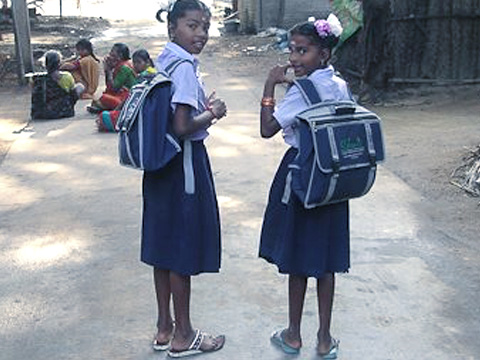-penned by board member Mrs Alo Sud
It is the end of the day, working men and women need to unwind, a ritual of getting together to share a drink after work slowly establishes itself. Slowly this ritual takes precedence over hands on care and attention to the children back home. The children are confused and over time come to accept that the care they expect will not come their way, along with this realisation is a gradual erosion of the sense of moral authority they were programmed to accept from their parents.
Few men and women get into serious committed relationships and marriages with the intention of breaking up and moving on and yet relationships do undergo strain and marriages do break up. As a consequence, there are children who have to accept recomposition of families. Some transitions are seamless some not and some get very complicated and new “parents” exercise little or no authority on the children while biological parents who have moved on continue to exert sometimes selfishly motivated influence on their children.
When individuals get caught up in these circumstances and professional and personal issues impact mental stability it is not uncommon to precipitate into addictions. What began as a recreation becomes and craving necessity and going through the routine of life under the influence becomes common place. This is when avoidable accidents happen, and this is also when the disintegration of the social fabric and breakdown of family bonds play out with utterly sad consequences. Children don’t instinctively rally around their parents; they are also pulled into different directions depending on whether they are children of past partners or current ones.
This could well be a representation of a section of a population of urban educated India suffering in silence. Just that this pattern actually knows no demographic categorisation.
Sumati (name changed) lived in the slums for the most part of her life, she recently moved into a one room government allocated space. She died of burns when she poured petrol instead of kerosene over wood fire while cooking inebriated. She had slipped into a severe addiction of alcohol when she and her husband used to get together with other daily wage earners and drink after a hard day’s work. She had switched partners and her two older siblings didn’t feel any need to attend to her at the hospital. While her current partner wanted to make the family unit work, her older partner landed on the scene and occupied her room claiming to be the rightful heir to that space.
Our social worker encountered this family on outreach work. The parents were rag pickers and the children were made to do the same. In the course of the first year our Social Worker slowly worked on their hygiene, basic first aid, played recreational games with them and made an arrangement with an elderly lady in the neighbourhood so that they could shower, a routine that even the parents followed suit. Eventually the children were enrolled into government schools. The two girls were happy but the older boy dropped out. The couple were directed to a government scheme wherein they were given a one room living quarter. However, since their mother’s passing this boy has left with this biological father (after he locked up the house in order to claim ownership of that property) and the two girls now 14 and 15 who have found shelter with an aunt and have in turn dropped out of school. They feel the pressure to be solvent. They do not want to go to a boarding school and want to undergo a vocational course training and earn.
As an organisation we have tried to make our interventions as meaningful as possible. Not every story has a clean before and after situation. Sometimes intervention has to be more sustained though its nature changes and again there are times when we go forward with what is practicable maybe with an awkward best option but an option for positive change nonetheless.












